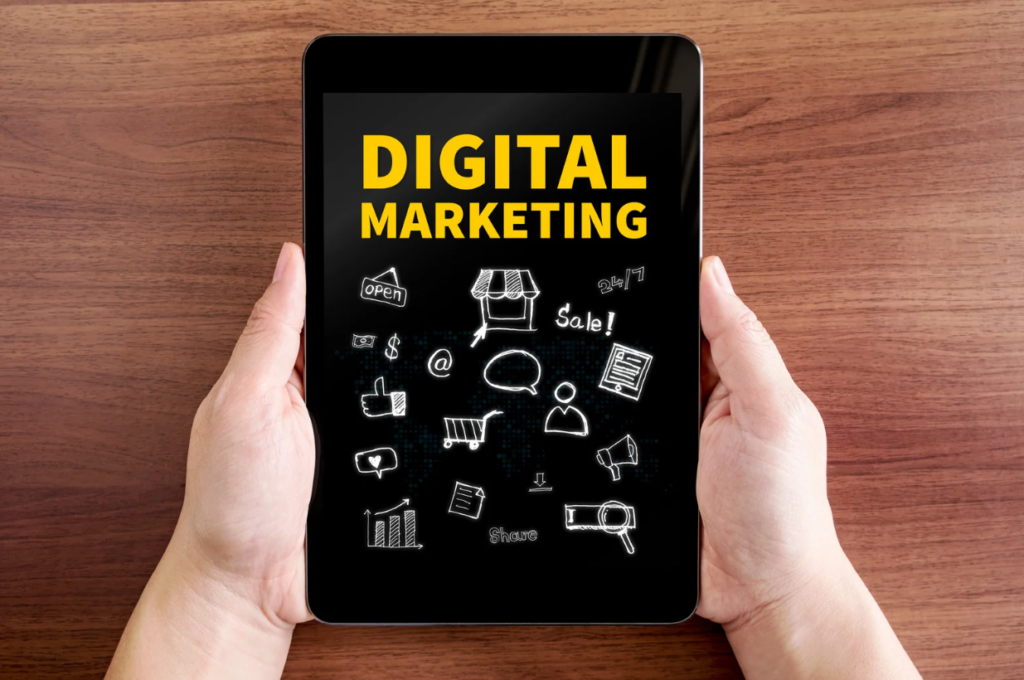
In today’s highly competitive online marketplace, having effective marketing strategies is crucial for the success of any ecommerce business. With the ever-increasing number of online stores, it becomes essential to differentiate your brand and cut through the noise to attract and retain customers. Here are some key strategies that can help drive success in ecommerce marketing:
1. Implement a Strong SEO Strategy
Search engine optimization (SEO) is the foundation of any successful ecommerce marketing campaign. Optimizing your website for relevant keywords ensures that your online store appears in search engine results pages (SERPs) when potential customers are searching for relevant products. Focus on optimizing your product pages, having strong meta tags, using relevant keywords, and improving page load speed to enhance your website’s visibility and attract organic traffic.
2. Leverage Social Media Platforms
Social media has become an integral part of people’s lives, making it an excellent platform for ecommerce marketing. Identify the platforms where your target audience spends the most time, create engaging content, and build a strong brand presence. Utilize social media advertising to reach a wider audience, run contests or giveaways to increase engagement, and collaborate with influencers to promote your products and extend your brand’s reach.
3. Create Compelling Content
Content marketing plays a vital role in ecommerce marketing. Creating informative blogs, product descriptions, videos, and engaging visual content not only helps in attracting customers but also increases brand credibility. Develop a content strategy that addresses the pain points of your target audience, educates them about your products, and showcases the value they can derive by purchasing from your store.
4. Personalize the User Experience
Personalization is key to improving customer satisfaction and driving conversions. Utilize data analytics to gather information about customer behavior, purchase history, and preferences. Leverage this data to send personalized product recommendations, offer tailored discounts, and create a seamless user experience. Personalization fosters customer loyalty and encourages repeat purchases.
5. Implement Email Marketing Campaigns
Email marketing remains one of the most effective ecommerce marketing strategies. Use email to nurture relationships with your customers, inform them about new product arrivals, offer exclusive discounts, and send personalized recommendations based on their purchase history. Focus on crafting compelling subject lines, segmenting your email list, and optimizing email content for mobile devices to maximize open rates and conversions.
6. Optimize for Mobile
With the rise of smartphones and mobile browsing, optimizing your ecommerce store for mobile devices is crucial. Ensure that your website is mobile-friendly, has fast loading times, and offers a seamless browsing experience. Implement features like mobile wallets and one-click payment options to simplify the checkout process. Mobile optimization enhances user experience, reduces bounce rates, and boosts overall conversions.
7. Utilize Influencer Marketing
Collaborating with influencers can give your ecommerce business a significant boost by leveraging their existing audience. Find influencers who align with your brand values and have an engaged following that matches your target audience. Partner with them to promote your products through sponsored posts, giveaways, or reviews. Influencer marketing helps build brand awareness, gain credibility, and drive targeted traffic to your store.
8. Capitalize on User-Generated Content (UGC)
User-generated content is a powerful tool for ecommerce marketing. Encourage customers to share their experiences, reviews, and photos of your products. Display customer testimonials prominently on your website and social media platforms. UGC adds authenticity to your brand and creates social proof, positively influencing potential customers’ purchase decisions.
9. Offer Exceptional Customer Service
Providing exceptional customer service is critical to fostering customer loyalty and generating positive word-of-mouth. Respond promptly to customer queries and concerns through various channels like live chat, email, and social media. Implement self-service options like FAQs and knowledge bases to provide instant assistance. Happy customers are more likely to become brand advocates and repeat customers.
10. Monitor and Analyze Performance
Regularly monitor and analyze the performance of your ecommerce marketing efforts. Utilize web analytics tools to track key metrics like traffic, conversion rates, and customer engagement. Identify trends, areas of improvement, and opportunities for growth. A data-driven approach allows you to optimize your strategies and make informed decisions to drive success.
In conclusion, implementing a well-rounded ecommerce marketing strategy is crucial for gaining a competitive edge in the digital landscape. By focusing on SEO, social media, content creation, personalization, email marketing, mobile optimization, influencer collaborations, user-generated content, customer service, and data-driven decision-making, ecommerce businesses can effectively attract, engage, and convert customers, ultimately driving long-term success.


